SCIENCE
Restorative Environmental Design (RED)
There is clear evidence of the psychological and physical impact our environments have on us, whether our communities, homes, where we work, where we learn, socialize and where we receive our healthcare.
Backed by extensive scientific expertise in the fields of psychology and technology, ENVALYS brings sustainable, healthy community development and structural planning processes to life, in a collaborative and holistic way through a new methodology called Restorative Environmental Design (RED).
RED, developed by ENVALYS’s founders, is a practical approach to design that is built on observed and measured data research and implementation. Through ENVALYS, it includes yet extends beyond 3D rendering and architectural VR walk-throughs to help architects, urban planners and engineers more easily share their projects, collect valuable feedback and conduct data analyses throughout all phases of their project design and development to help ensure a healthier future.
We accomplish this by
01
Applying scientific knowledge and environmental psychology to planning and design projects, through analysis of Human Building Interaction (HBI) and Human Environmental Interaction (HBE), to build healthier future communities.
02
Creating software solutions and tools, such as VRTerrain and VRPsychLab, that enable experiential, 3D visualization of future communities, planning and architectural projects.
RESEARCH
cities that sustain us
ENVALYS was built on the foundation of the Cities That Sustain Us (CiSuUs) project, an international research and development project that started within Reykjavík University in 2013 in collaboration with Uppsala University in Sweden, the City of Reykjavík, Djúpavogshreppur municipality and TGJ, a design, consulting and research firm.
ENVALYS and Cities That Sustain Us has received grants from the Icelandic Research Fund (2014-2016) and the Technological Development Fund (2017-2019; 2020-2021; 2021-2022).
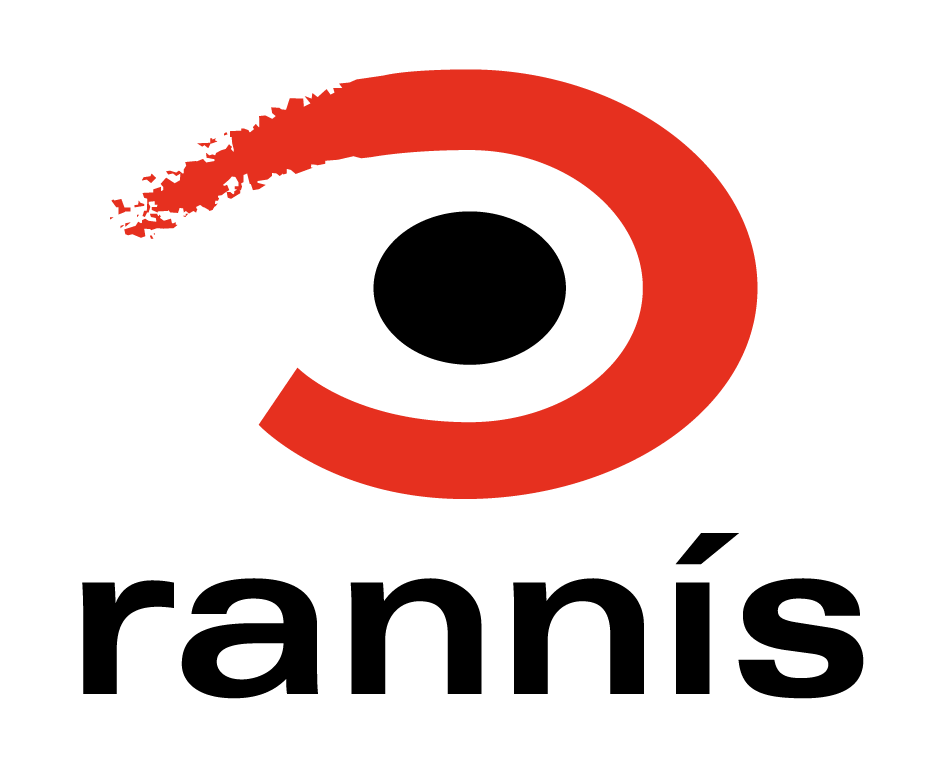

The project’s main goals are
01
To apply scientific knowledge on people’s experiences to planning and designing projects.
02
Software development and solutions that facilitate research on the interaction between people and the environment.
03
To conduct basic research on people’s experiences of the environment, to increase knowledge and understanding of this interaction.
ONGOING SURVEYS
Here you can see and/or participate in the surveys currently running at Envalys.
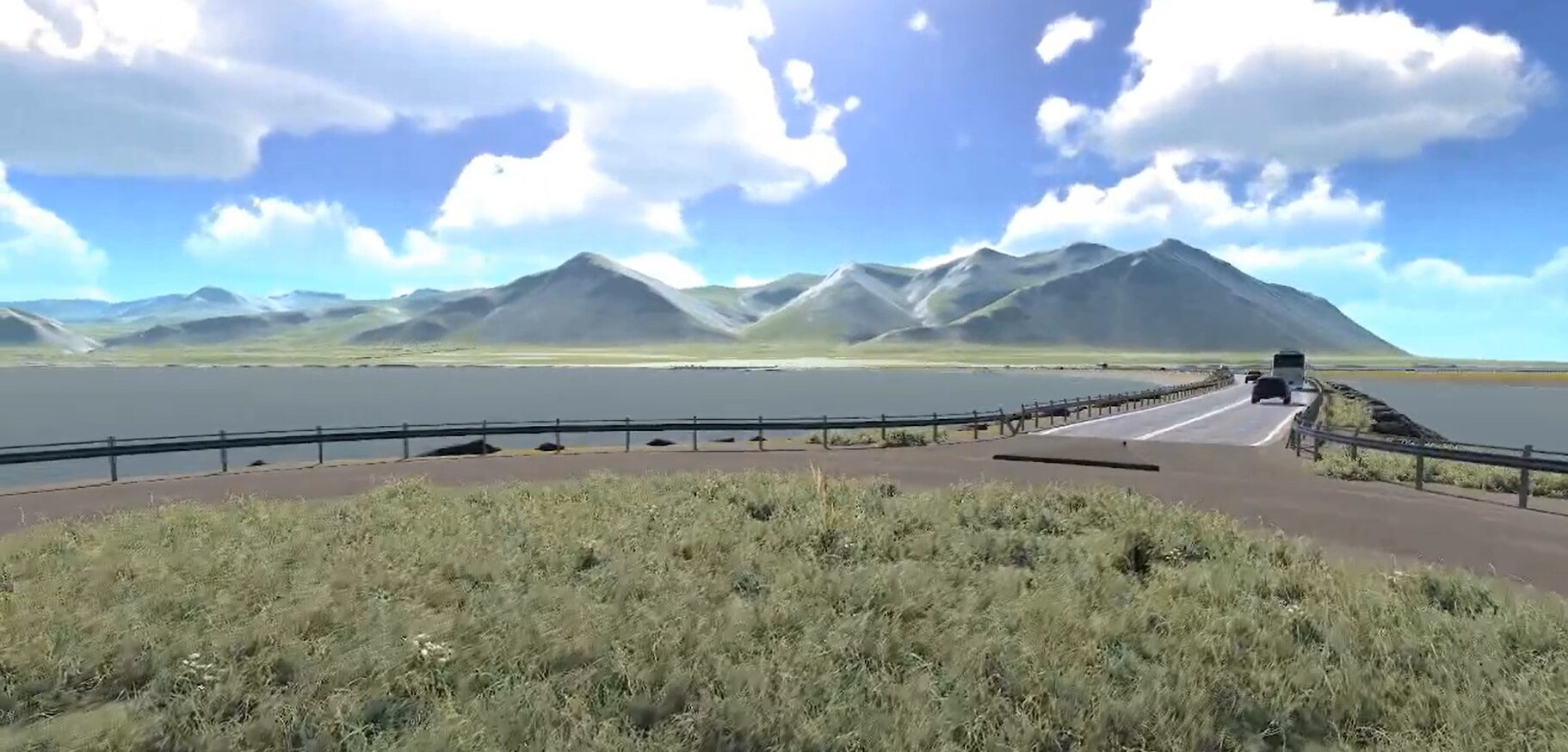
Borgarnes – New Location of Route 1
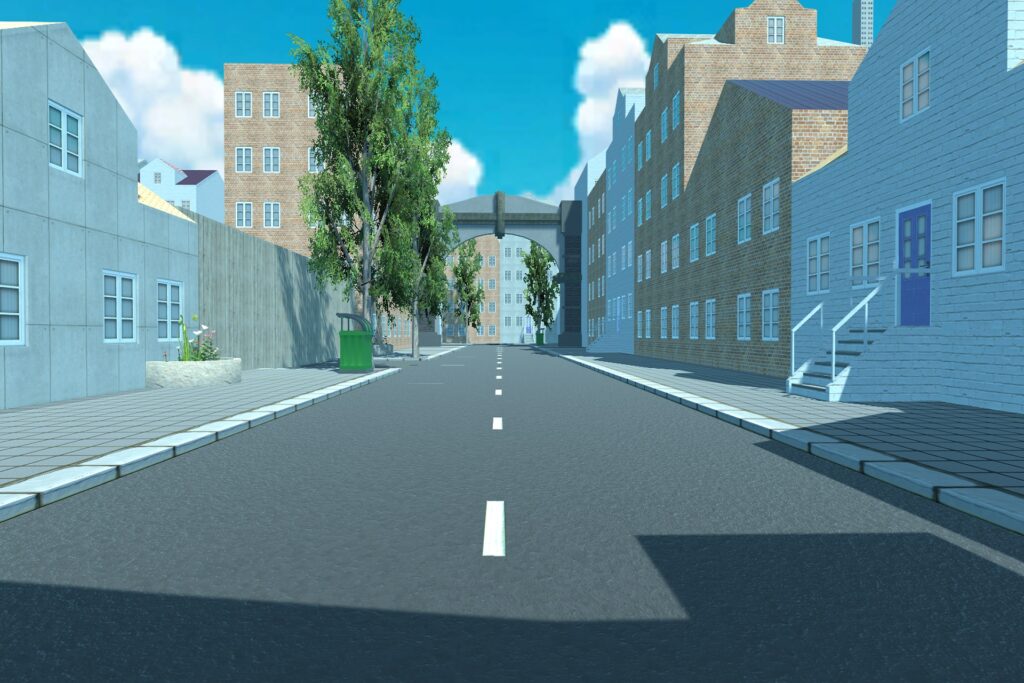
Teleportation vs. Fixed Track Driving
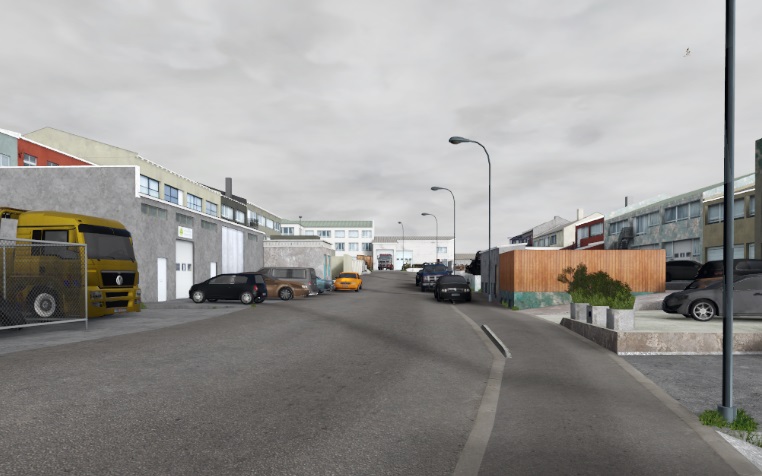
Vogabyggd I
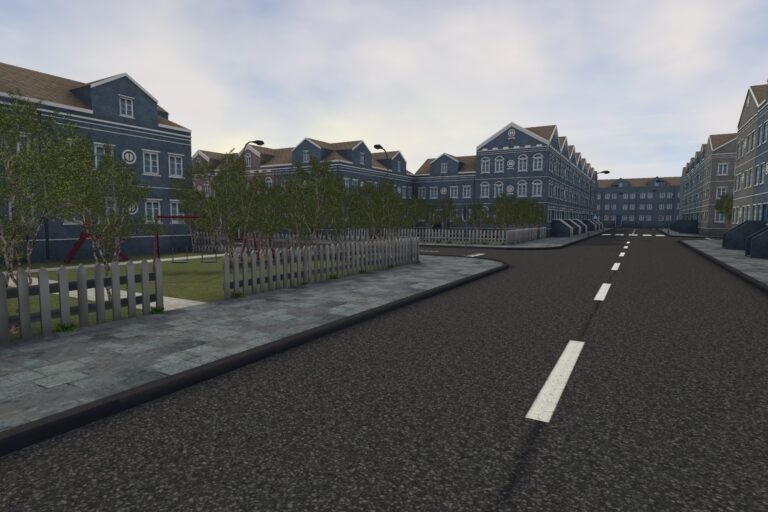
Procedural City II
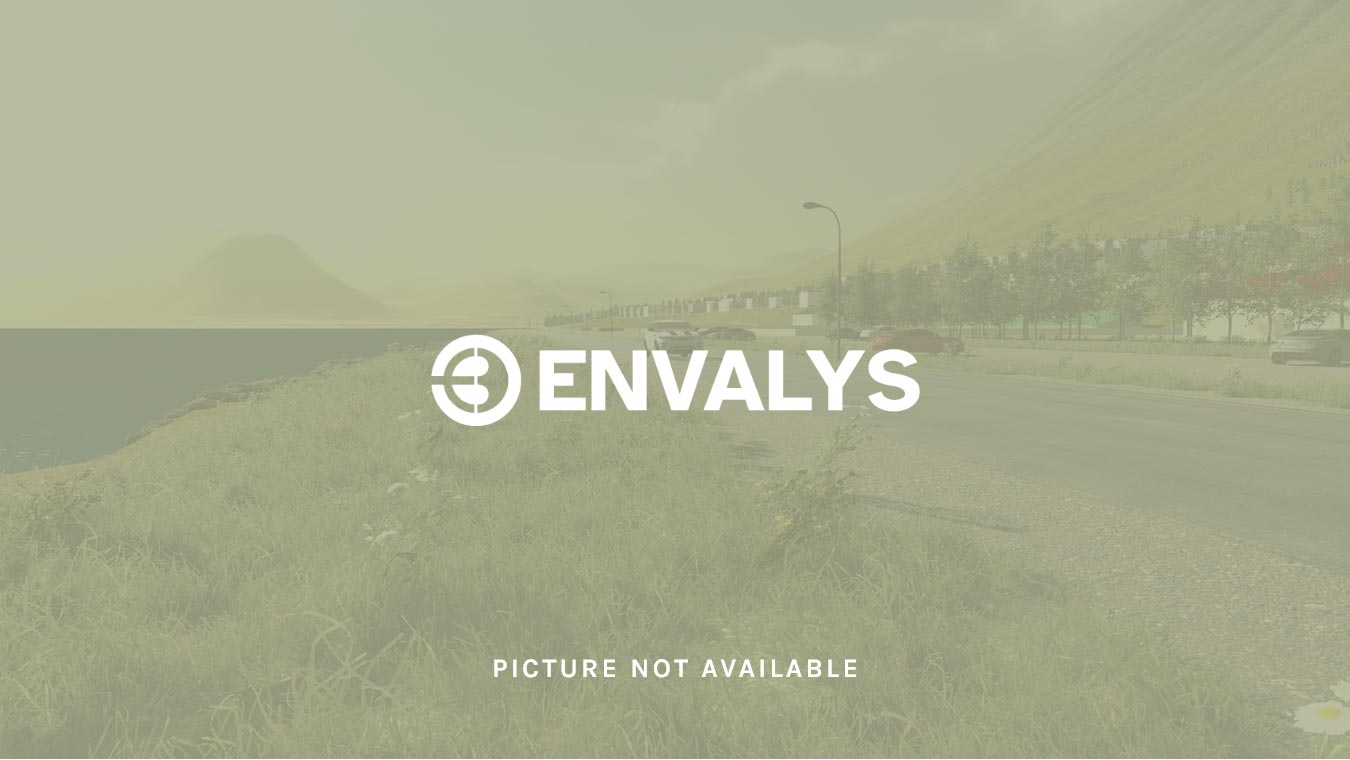
Virtual Pedestrians for Urban Planning Studies

Segmentation of Satellite Imagery

The Sunset in Thingeyri

Vatnsfjörður Fjord Crossing – Line F

The Area of Gránufélagið in Oddeyri
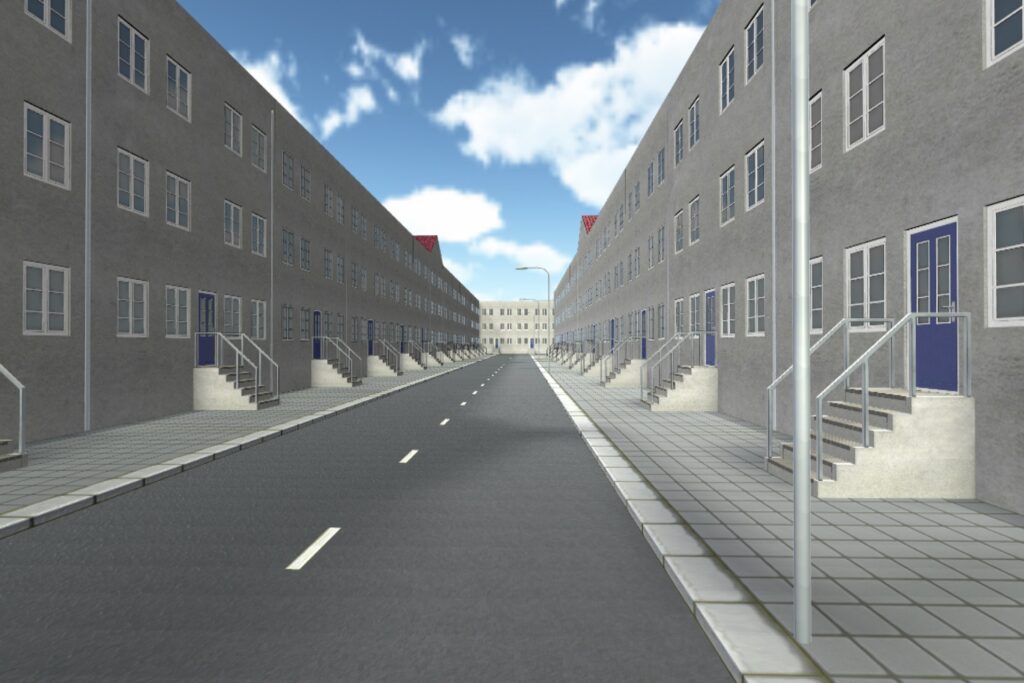
Procedural City I
publications
Survey Reports from ENVALYS
- ENVALYS (2023). Reykjavík - Parklets in Reykjavik in summer 2023. Envalys23-1101 (In Icelandic).
- ENVALYS (2022). Akureyri - Hafnarstræti 14 og 16 - Planning alternations. Population survey. Envalys22-1101 (In Icelandic).
- ENVALYS (2022). Hvalfjarðarsveit - Relocation of the Ring Road - Grunnafjörður Fjord Crossing. Population survey. Envalys22-0602_v2 (In Icelandic).
- ENVALYS (2022). Borgarbyggð - Borgarnes - Relocation of the Ring Road. Population survey. Envalys22-0601 (In Icelandic).
- ENVALYS (2021). Akureyri - The area of Gránufélagið in Oddeyri. Population survey. Envalys21-0601 (In Icelandic).
- ENVALYS (2021). The Sunset in Thingeyri. Population survey. Envalys21-0201 (In Icelandic).
- ENVALYS (2021). Vesturbyggð - Vatnsfjörður Fjord Crossing - line F. Population survey. Envalys21-0602 (In Icelandic).
Peer Reviewed Articles
- Hartig, T., & Lindal, P. J. (2021). Die Erholungsperspektive: Verbindung zwischen Naturerleben und Gesundheit [The restoration perspective: Linking nature experience with health]. Umweltpsychologie.
- Lindal, P.J., Johannsdottir, K.R., Kristjansson, U., Lensing, N., Stühmeier, A., Wohlan, A. & Vilhjalmsson, H.H. (2018). Comparison of Teleportation and Fixed Track Driving in VR. In Proceedings of the 10th International Conference on Virtual Worlds and Games for Serious Applications. Würzburg, Germany.
- Lindal, P.J. and Hartig, T. (2015). Effects of urban street vegetation on judgments of restoration likelihood. Urban Forestry & Urban Greening, 14(2): 200-209.
- Lindal, P.J. and Hartig, T. (2013). Architectural variation, building height, and the restorative quality of urban residential streetscapes. Journal of Environmental Psychology, 33, 26-36.
Peer Reviewed Conferences
- Páll Jakob Líndal (2022). The impact of the environment on health and well-being. The Annual meeting of The Icelandic Medical Association 2022 (Reykjavik, Iceland. March 21 (postponed)).
- Lindal, P.J. (2021). Virtual Reality for Restorative Design. CEP - Conference for Environmental Psychology 2021. (Lillehammer, Norway. November 18 - 19).
- Lindal, P.J., Hartig, T., Johannsdottir, K. R., & Vilhjalmsson, H. (2019). Future cities: Using virtual technology to design restorative residential neighborhoods, The International Conference on Environmental Psychology (ICEP) 2019 (Plymouth, UK. 4.-6. September).
- Lindal, P.J., Miri, H., Johannsdottir, K. R., Hartig, T. & Vilhjalmsson, H. (2016). Testing the Restorative Potential of Future Urban Environments Using VR Technology – The Cities that Sustain Us Project, The 24th Annual Conference of the International Association for People-Environment Studies (IAPS24) (Lund/Alnarp, Sweden. June 27 - July 1).
- Páll Jakob Líndal (2016). People’s well-being in urban settings tested with VR. The Icelandic Psychology Congress 2016 (Reykjavik, Iceland, April 8).
- Páll Jakob Líndal, Kamilla Rún Jóhannsdóttir, Hossein Miri, Unnar Kristjánsson, Terry Hartig og Hannes Högni Vilhjálmsson (2015). People’s well-being in urban settings tested with VR. The 17th Life and Health Conference of the University of Iceland (Reykjavik, Iceland, November 12).
Student Projects
- Haraldur Rúnar Einarsson (2021). Environmental Psychology. The effects of different streetscapes on psychological restoration and preference. University of Iceland, Reykjavík.
- Inga Katrín Guðmundsdóttir (2021). The effects of virtual urban neighborhoods on cardiovascular reactivity. Reykjavík University, Reykjavík.
- Hallveig Hafstað Haraldsdóttir (2021). Perceived safety in urban environments: the effect of building height, brightness, and perceived enclosure. Reykjavík University, Reykjavík.
- Ólafur Sverrir Stephensen (2020). The influence of stress on the experience of the urban environment. University of Iceland, Reykjavík.
- Hörður Már Hafsteinsson (2019). Procedural city generator for research in the field of restorative environmental design. Reykjavík University, Reykjavík.
- Anna Aleksandra Dominak (2014). Using the Unity game engine for aiding psychological research. Lodz University of Technology, Lodz, Poland.
- Lindal, P.J. (2013). Restorative environmental design for densifying cities. Faculty of Architecture, Design & Planning, University of Sydney, Australia.
